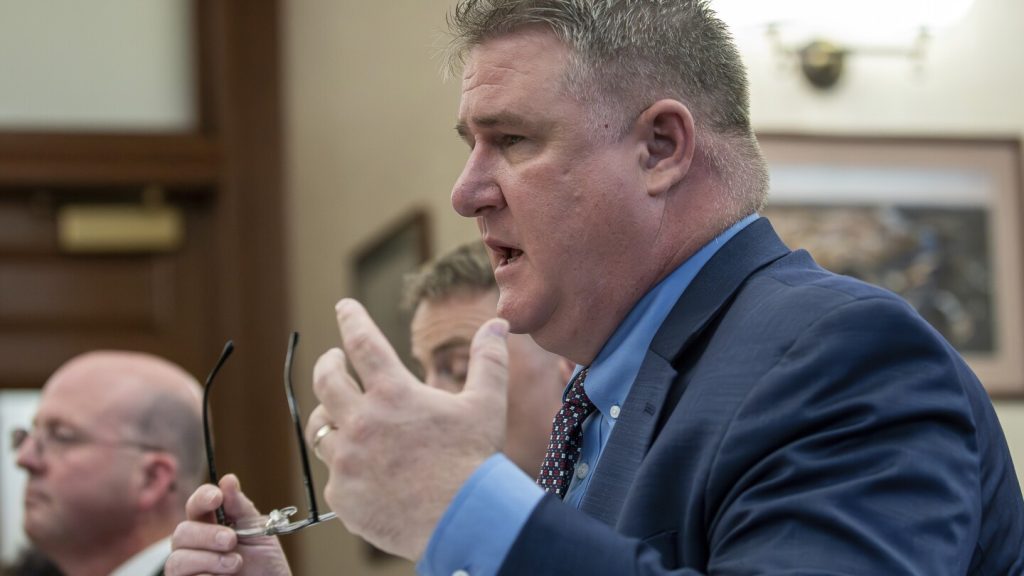Maine’s top police leader, Col. William Ross, addressed the chaos caused by officers arriving without assignments following the state’s deadliest mass shooting in Lewiston. Ross expressed gratitude for the eagerness of officers to help in an active shooter situation but emphasized the importance of discipline once a command structure is established. He also mentioned the challenges posed by leaks of investigatory details and news media reports during the search for the shooter.
An independent commission focused on problems with police communication and coordination in the hours after Maine’s deadliest mass shooting, in which 18 people were killed and 13 injured by Army reservist Robert Card. The commission heard testimony from law enforcement officials about the difficulties in coordinating a search for the shooter, who was found dead from suicide two days later. Chair Daniel Wathen mentioned allegations of officers showing up unannounced and some arriving intoxicated, which were addressed in a special response team after-action report.
Tense moments arose when law enforcement located the gunman’s vehicle near the Androscoggin River. State police took a cautious approach, angering some officers who wanted to conduct an immediate search. The arrival of officers without official assignments raised concerns of potential friendly fire incidents and contaminated the scene, hindering efforts to track the gunman with dogs. Col. Ross acknowledged the confusion caused by multiple agencies responding but noted that the situation improved once a command post was established.
Ross highlighted the uniqueness of the tragedy, citing the combination of multiple scenes, the gunman’s disappearance, and the manhunt. He acknowledged the frustration of leaks but emphasized that the agency’s focus was not on finding those responsible for leaking information. The commission investigating the shooting and its aftermath comprises mental health professionals, former prosecutors, and judges, with Wathen, a former Maine chief justice, leading the effort towards issuing a final report in the summer.
The panel had previous meetings focusing on victims, Army personnel, Card’s family, and law enforcement officials. Card’s relatives testified about their struggles to get help for him as his mental health declined, while a fellow reservist detailed attempts to flag Card’s behavior for superiors. An interim report by the panel in March recommended that law enforcement should have seized Card’s guns and placed him in protective custody before the shooting occurred. The commission’s investigation aims to provide insights into the events leading up to the shooting and its aftermath, with a focus on improving coordination and communication in future crises.


